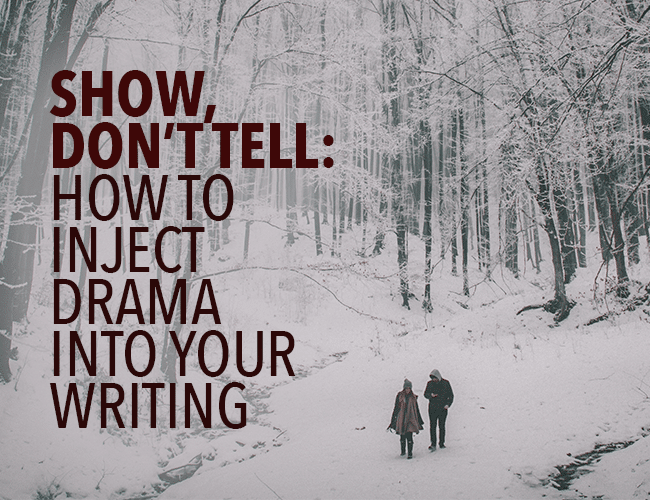Imagine the quintessential writer: introverted, glasses, coffee in hand, sitting alone at a small desk, while poking their fingers on a keyboard.
We all have preconceived notions as to what being a writer looks like, but whatever your idea of a writer, I can bet that one trait is uniform across the board. You probably imagine your writer alone, the Stephen King type, secluded, perhaps in a cabin in the middle of nowhere.
Interestingly enough, being a writer alone is nearly impossible, and after being part of a writers group for almost a year, I’ve learned I could never do it alone.









